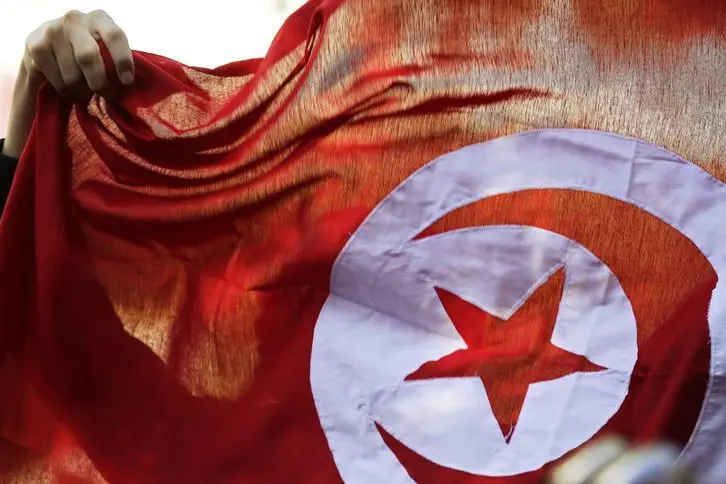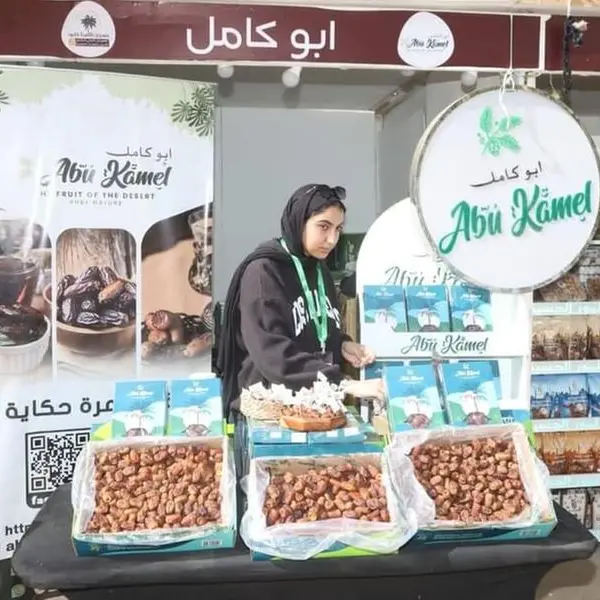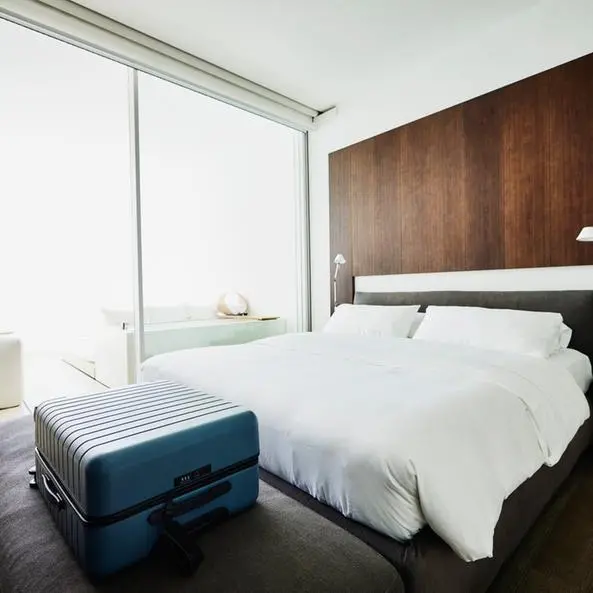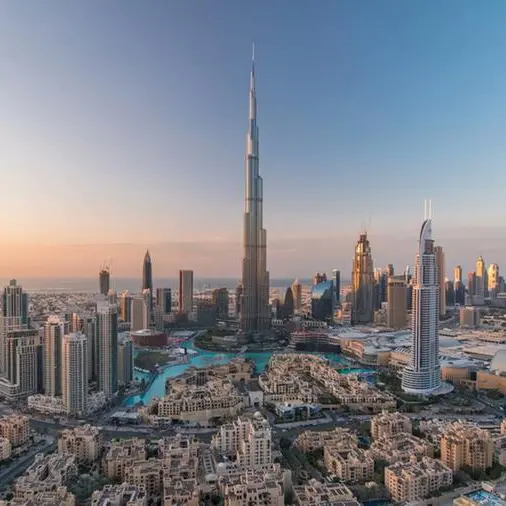PHOTO
Tunisia is again ahead of the other so-called Arab Spring countries. In addition to being the first country to oust its leader, Zine El-Abidine Ben Ali, in 2011, it last week became the first country to suspend its parliament and sack its prime minister, defense minister and other important officials. Tunisia has stood out as the most democratically successful of the Arab Spring countries, but it has not been able to solve all of its economic, social and political problems.
Mohammed Bouazizi’s self-immolation in 2010 ultimately led to a series of fundamental changes unrelated to the offense to his human dignity. Today, the political crisis in Tunisia has broken out again for a reason unrelated to political rivalries. The straw that broke the camel’s back this time was the people’s complaints about the increase in the number of coronavirus disease cases.
Tunisian President Kais Saied last week decided to temporarily suspend parliament for 30 days, take on executive power himself, and dismiss Prime Minister Hichem Mechichi, along with other senior ministers.
The country’s democratic traditions require that a new prime minister be designated by the largest political party, which is Ennahda. However, if the other parties gather a majority of seats in parliament, they will be entitled to form a government. We may expect that Saied will not miss this subtlety.
The Muslim Brotherhood’s ideology is deeply entrenched in several Arab countries. Its reputation may be tarnished in the international community at large, but the political support for it will not easily diminish if the fairer distribution of wealth and opportunities do not become more widespread. Even if this is done, it may take generations to improve the situation to an acceptable level.
In 2011, in the run-up to the Tunisian elections immediately after Ben Ali was deposed, Ennahda was the leading party in public opinion polls. The international community was worried about whether Tunisia was going to drift toward radical Islam. Ennahda leader Rached Ghannouchi, with a view to dispelling the misgivings about his party’s radical background, made a public statement that, when it comes to power, the party would not introduce Shariah, that it would not force women to wear headscarves, and that it would not ban the consumption of alcohol in public places. Another promise was that Ennahda “would be inspired by the moderate Islam as it was practiced by the Justice and Development Party (AKP) in Turkey.”
Later, in the second half of the 2010s, the roles were reversed and analysts commented that, instead of Tunisia being inspired by the moderate Islam of Turkey, Ankara should be inspired by how Tunisia had maintained the balance between radicalism and secularism.
To be able to tell that the Arab Spring had brought democracy to an Arab country, we had to see political parties that came to power after the revolution peacefully cede their place. Tunisia has become the only country to meet this expectation. Ennahda, which formed a government after the first free elections, became the second-biggest party after the subsequent elections in 2014 and formed a coalition with the larger secularist party, Nidaa Tounes.
Turkey and Tunisia have a common feature, but in opposite directions. Political Islam is being put to the test in both countries. Turkish President Recep Tayyip Erdogan seems determined to make Turkey more reliant on political Islam and is using the Muslim Brotherhood’s practices to make Turks more pious, while Tunisian President Saied opposes that agenda. In his capacity as a professor in constitutional law, he must have properly weighed up his powers under the constitution, but one has to admit that he has really gone to the very limits of it. Ghannouchi was also testing the limits of how much he could preserve political Islam in an otherwise secular society.
The harshest criticism has therefore come, as expected, from Turkey because of the close ideological affinity between the Muslim Brotherhood and the AKP.
People-to-people contacts are more extensive between Tunisia and many European countries — especially France — than with some other Arab countries. This may have made the country more open to debates, but also to divisions.
Third countries have to be doubly careful in extending support to either side in Tunisia, as they may be sucked into an internecine imbroglio between Tunisia’s Muslim Brotherhood supporters and the seculars.
As an expert in constitutional law, Saied knows all about the legal limits of his powers, but whether his decision to temporarily suspend democracy was politically expedient is another question.
- Yasar Yakis is a former foreign minister of Turkey and founding member of the ruling AK Party. Twitter: @yakis_yasar
Copyright: Arab News © 2021 All rights reserved. Provided by SyndiGate Media Inc. (Syndigate.info).





















